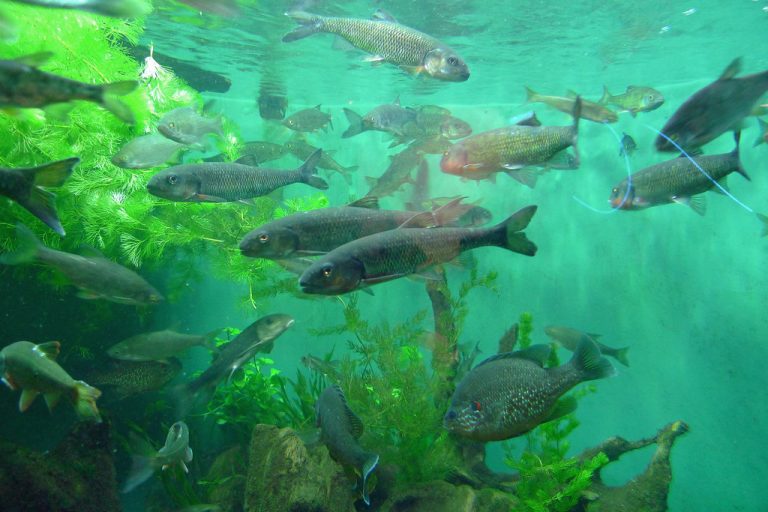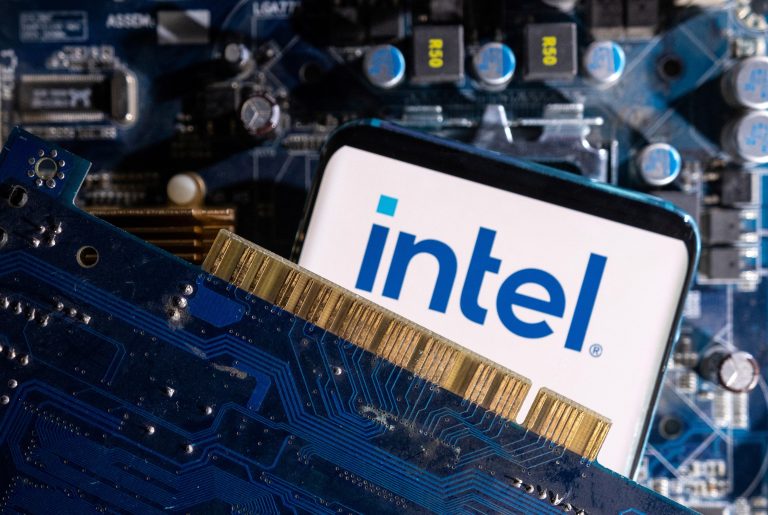In March, the Food and Drug Administration lifted an import ban on Canadian-produced genetically modified (GM) salmon, which is the world’s first GM animal approved for human consumption.
Further sparking controversy, retailers will not have to label the fish as a GM product, The Epoch Times reported. The first harvest of the salmon, produced by Canadian company AquaBounty, is expected to arrive in stores at the end of next year.
The new fish, called AquaAdvantage salmon, began a pilot sale of 5 million metric tons in 2017. This April, a new facility on Prince Edward Island was approved by the Canadian government, with an expected annual production of 250 million metric tons, or around 550,000 lb.
An AquaAdvantage salmon grows twice as fast as a natural salmon due to its combination of genetic material from Chinook salmon and ocean pout. It can grow to adult size in just 16 months, compared with 30 months for unmodified Atlantic salmon.

Chinook salmon. (Image: Pacific Southwest Region USFWS via Flickr CC BY-SA 2.0)
Though the fish was already approved by the FDA in 2015, its importation to the United States was blocked by Sen. Lisa Murkowski (R-Alaska) the same year over the fact that no federal labeling regulations had been put in place.
Success
You are now signed up for our newsletter
Success
Check your email to complete sign up
Congress passed a bill last December to require labeling of AquaAdvantage and other GM products; however, opponents of genetic modification note that the regulation won’t take effect until 2020, and that the regulation allows significant leeway in the details of the labeling.
“In addition to a lot of public outcry to this, there is literally zero benefit for a shopper to choose this product,” said Megan Westgate, of the Non-GMO Project based in Bellingham, Washington state.
Once the disclosure rules are in place, Westgate said, companies like AquaBounty can use codes that have to be scanned or a 1-800 number in lieu of clear labels.
According to Westgate, around 2 million Americans left comments on the FDA website to protest the GM salmon.
“This is the world’s first genetically modified animal approved for human consumption — it’s a big deal,” she said. “If the only way to sell this product to the public is to hide from them the fact that it’s been genetically engineered, then I think it demonstrates that there is a significant portion of the public that wishes to avoid consuming it.”
Is GM salmon safe?
According to The Epoch Times, AquaBounty CEO Sylvia Wulf disputed Westgate’s claims. She said that the disclosure law requires a symbol on the packaging of any food containing GM ingredients, and added that AquaAdvantage salmon has undergone 20 years of testing to ensure its safety for consumption, as well as to avoid environmental concerns.
The company has also issued reassurances, saying that the females of the breed have been modified to be sterile, and that measures are in place to keep the fish from escaping its farms and possibly disrupting the genetic makeup of wild populations.
Despite the efforts of Canadian activists, and popular demand, no labeling is required for GM products in that country.

Salmon steaks. (Image: Andrea Pokrzywinski via Flickr CC BY 2.0)
“It is the world’s first genetically modified food animal,” said Lucy Sharratt, coordinator at the Canadian Biotechnology Action Network. “Canadians are eating it, but many of them may not know that it’s happening at all and no one has a choice or information to act on in the grocery store.”
According to a 2018 Dalhousie University poll, nearly 90 percent of respondents said genetically engineered food and ingredients should be labeled, Sharratt said.
Both Sharratt and Westage noted that studies on the safety of AquaAdvantage salmon were carried out by the industry, posing potential conflicts of interest, according to The Epoch Times. The activists said that almost no assessment had been done in either Canada or the U.S. on environmental safety in the event that modified fish escape into the wild.
Follow us on Twitter or subscribe to our weekly email















